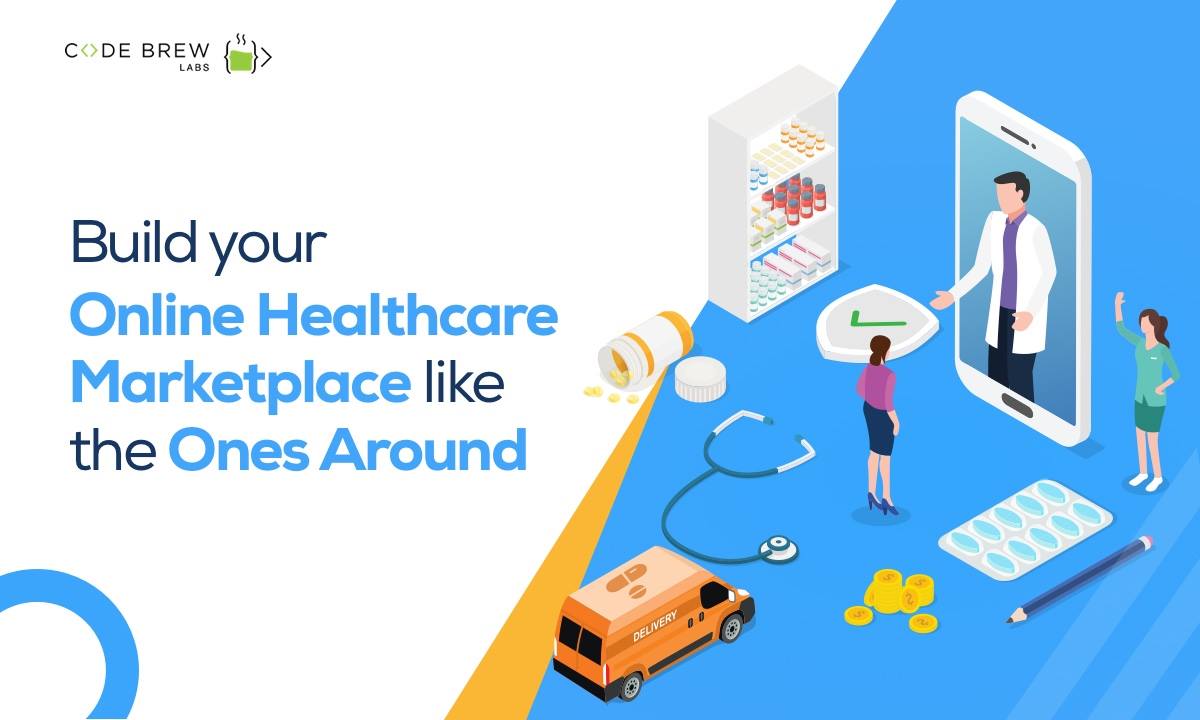The Effect of Subscription Based Healthcare on Standard Clinical Practices
Wiki Article
The Rise of Subscription-Based Healthcare and Its Effect on Person Care
As health care progresses, the subscription-based design is acquiring traction, guaranteeing to change person care by offering predictability and accessibility. The possibility for these designs to reshape medical care shipment elevates pushing questions concerning their lasting sustainability and inclusivity. Are these subscription solutions the future of health care, or do they risk leaving at risk populations behind?Understanding Registration Health Care Models
Understanding the principle of registration health care designs includes taking a look at a transformative strategy to medical services that highlights price and availability. These models, frequently described as direct health care (DPC) or concierge medication, have arised as innovative choices to standard fee-for-service healthcare systems. Membership medical care enables people to pay a fixed month-to-month or annual charge for a defined set of clinical solutions, which might consist of endless workplace check outs, regular exams, and fundamental laboratory examinations, without the requirement for typical insurance coverage billing.The structure of registration health care versions is designed to streamline patient care by getting rid of third-party payers and complex payment codes, thus decreasing administrative concerns. Health care providers can focus much more on individual treatment, promoting more powerful patient-provider connections. This model additionally advertises preventative care by motivating normal brows through, as the financial obstacle of per-visit fees is gotten rid of.
The subscription version usually encourages doctor to manage smaller sized person panels, allowing for even more personalized treatment. It straightens monetary incentives with individual wellness end results, as carriers are encouraged to keep individual fulfillment and wellness. In general, understanding subscription medical care versions needs recognizing their potential to improve exactly how care is supplied and accessed.
Advantages for Companies and clients
For companies, subscription-based models use the chance to grow patient-provider partnerships. With a steady revenue stream, medical care professionals can commit even more time per person, resulting in a much more extensive and customized care experience. This design additionally reduces dependence over individual volumes, easing fatigue and improving task satisfaction. The emphasis on preventive treatment within subscription plans can lead to far better individual outcomes and minimized long-term medical care expenses. By concentrating on continual treatment, companies can attend to problems prior to they rise, ultimately profiting the health care system overall by reducing the burden on emergency situation and intense care services.
Difficulties and Worries
While subscription-based medical care designs existing countless advantages, they additionally include a set of difficulties and concerns that should be addressed. First, access remains a considerable concern, as these versions frequently target people that can manage monthly charges, possibly leaving out low-income populaces. This elevates moral inquiries concerning fair accessibility to medical care solutions. In addition, the diverse nature of subscription plans can lead to click to find out more confusion amongst patients regarding coverage specifics, possibly causing unmet assumptions or poor care.Financial sustainability of subscription-based versions is one more issue. Suppliers need to balance the fixed revenue from registrations with the variable expenses of healthcare solutions, which might vary due to unpredicted clinical needs. This can create stress to limit solutions or boost fees, possibly affecting patient satisfaction and care top quality.
Additionally, regulatory oversight of subscription-based medical care models is still progressing. Attending to these challenges is critical for the successful and equitable implementation of subscription-based healthcare.
Influence on Patient-Doctor Relationships
One significant influence of subscription-based healthcare models on patient-doctor connections is the capacity for boosted connection and personalized treatment. By embracing a registration version, medical professionals can manage a smaller client panel, allowing for more devoted time with each article source person. This enhanced accessibility fosters a much deeper understanding of a person's medical background, lifestyle, and preferences, making it possible for much more customized treatment plans and treatments.
Nonetheless, it is very important to recognize that while subscription-based models may profit those that can afford them, they might unintentionally broaden medical care differences. Patients that are incapable to join these designs might experience decreased accessibility to personalized treatment, potentially impacting their partnerships with doctor. Therefore, while the membership design offers encouraging advantages for patient-doctor relationships, it likewise presents obstacles that need to be dealt with to make certain equitable medical care accessibility.
Future of Medical Care Access

The function of innovation can not be forgotten in this makeover. Telemedicine systems and electronic health documents facilitate smooth communication between individuals and doctor, damaging down geographical and logistical barriers. Furthermore, improvements in fabricated intelligence and data analytics can additionally individualize medical care by predicting individual demands and enhancing treatment plans.
Nevertheless, the future of medical care access additionally presents difficulties, such as making certain equity throughout different socio-economic groups. Policymakers and doctor have to collaborate to bridge the electronic divide, making certain that subscription-based designs stay affordable and inclusive. As these systems develop, they hold the promise of making healthcare more available, reliable, and patient-centric.
Verdict
Subscription-based healthcare versions are improving individual treatment by providing a steady expense framework and enhancing availability. The surge of subscription-based healthcare urges positive person engagement, which has the potential to boost client end results and complete satisfaction, indicating a transformative change in medical care shipment.As health care advances, the subscription-based version is obtaining grip, assuring to change individual treatment by providing predictability and accessibility.Subscription-based healthcare designs supply distinctive advantages for both clients and service providers, improving the general health care experience.As healthcare systems evolve, the future of health care accessibility often hinges on the combination of innovative versions and innovations.Subscription-based health care versions are reshaping individual care by offering a steady price structure and enhancing accessibility. The increase of subscription-based healthcare urges proactive client involvement, which check this site out has the prospective to improve patient results and satisfaction, signaling a transformative change in health care distribution.
Report this wiki page